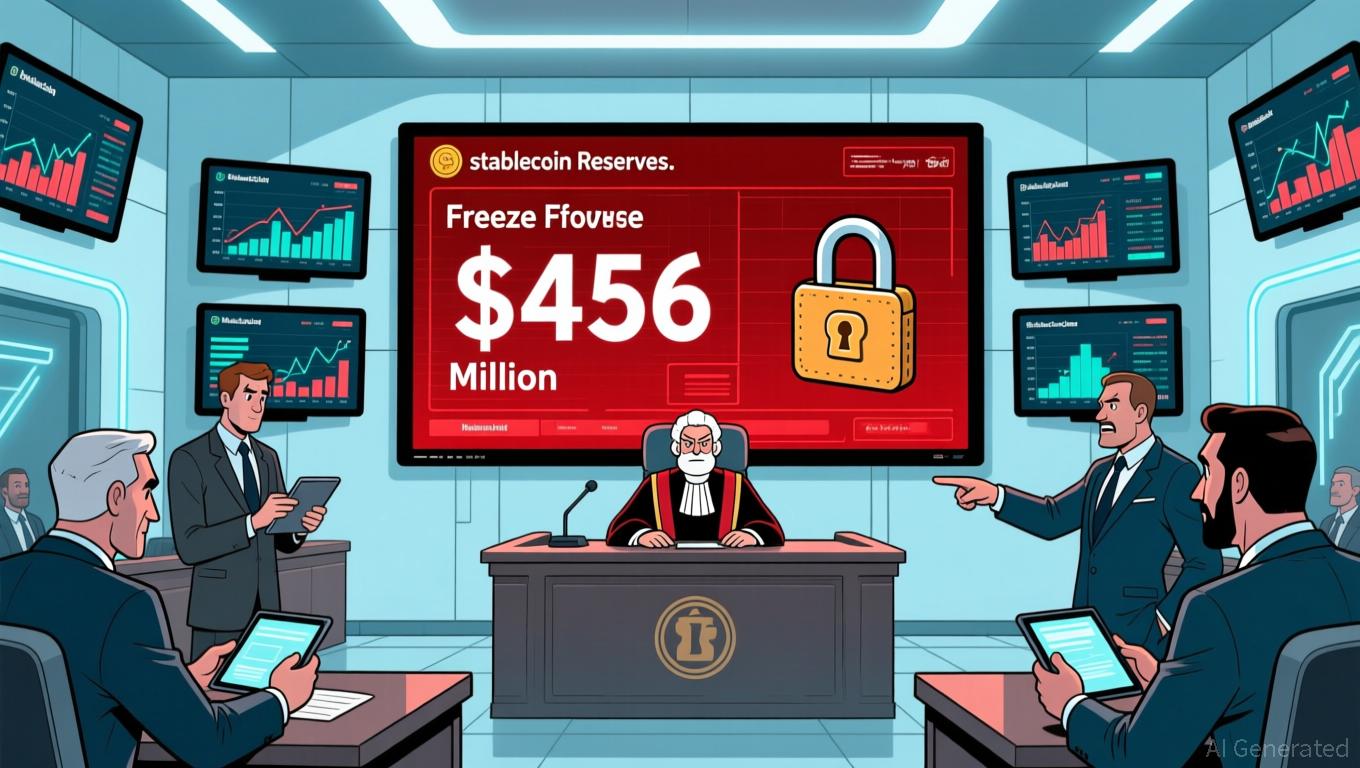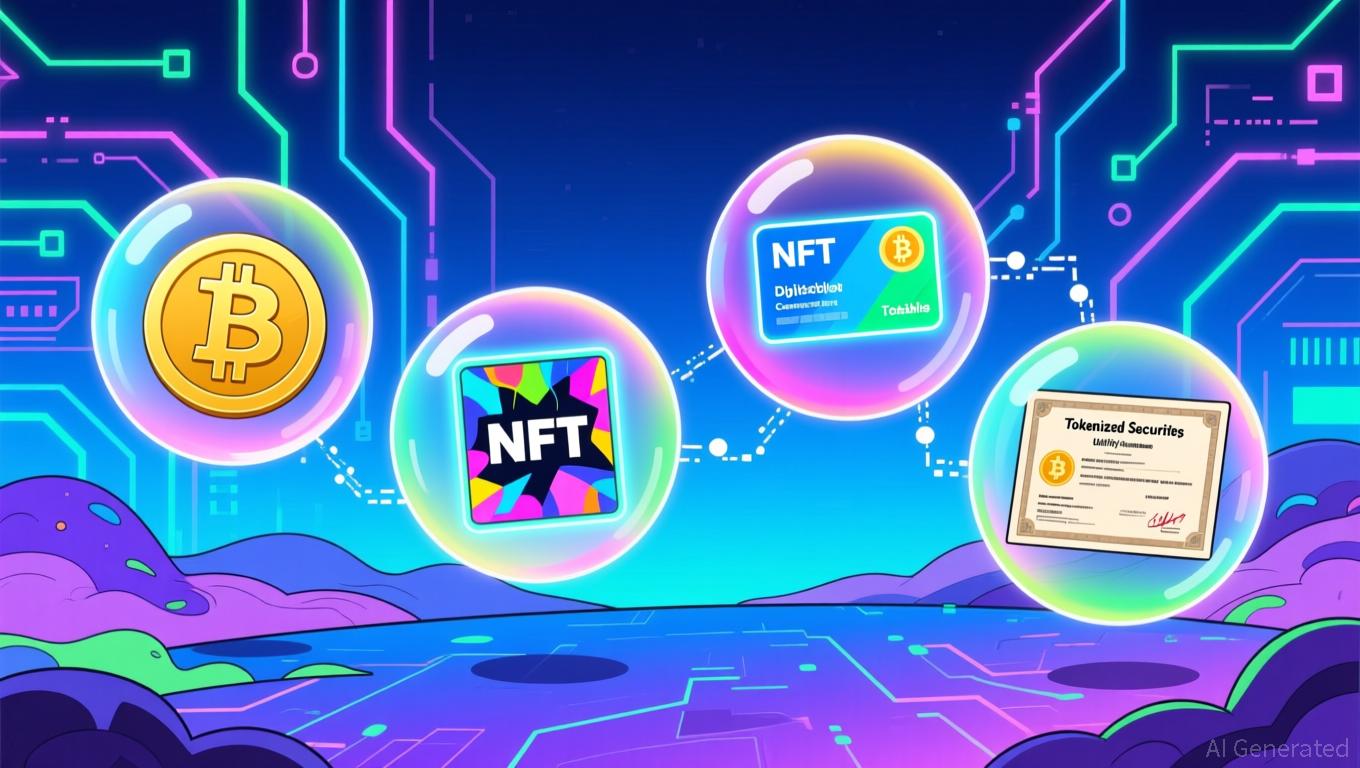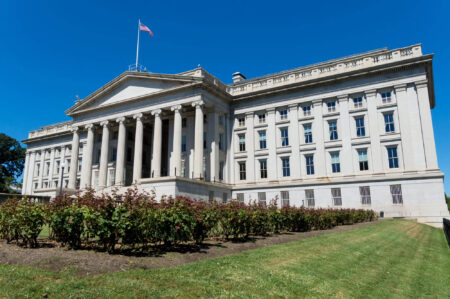Dubai's Digital Court Blocks $456 Million, Establishing a Landmark for Stablecoins
- Dubai's Digital Economy Court froze $456M linked to Justin Sun's TrueUSD rescue, citing improper reserve transfers to Aria Commodities. - Techteryx claims $456M was diverted to illiquid ventures via Hong Kong trustee, violating liquidity requirements for stablecoin redemptions. - Court ruled assets held on constructive trust, warning of asset dissipation risks and setting precedent for Gulf crypto litigation. - Hong Kong courts will determine ownership, with potential to restore reserves or reshape stabl
The Digital Economy Court in Dubai has imposed a freeze on

The heart of the dispute is a
Justice Michael Black KC, overseeing the proceedings, concluded that Techteryx had a strong argument that the assets were subject to a constructive trust. He pointed out that Aria Commodities did not supply evidence about the movement of funds or the ownership of the purchased assets. The court further noted a “genuine risk” that Brittain might move or reorganize the assets to avoid enforcement, which justified the freeze until Hong Kong courts decide on the rightful ownership. This is the first such injunction from Dubai’s Digital Economy Court, reflecting its expanding influence in resolving intricate cryptocurrency disputes.
This decision carries wider significance for the management of stablecoins. Both regulators and legal professionals are closely monitoring the case as it challenges cross-border responsibility for the misuse of reserves. Although stablecoins are generally promoted as being fully collateralized, the TrueUSD case casts doubt on the transparency of reserve management and the legal options available when assets are mixed or invested in risky ventures. Dubai’s proactive legal stance shows that courts are prepared to act to prevent the hiding of assets, even in regions where crypto regulations are still developing.
The next phase of the legal process will take place in Hong Kong, where courts will determine whether the contested assets belong to Techteryx or to Aria’s trading companies. Should Techteryx succeed, the funds may be restored to TrueUSD’s reserves, reestablishing full collateral for the stablecoin. The result could also shape how stablecoins are structured in the future, encouraging issuers to implement clearer reserve policies to avoid international legal challenges.
Disclaimer: The content of this article solely reflects the author's opinion and does not represent the platform in any capacity. This article is not intended to serve as a reference for making investment decisions.
You may also like
SEC's Classification Strikes a Balance Between Fostering Innovation and Safeguarding Investors
- The SEC is advancing a "token taxonomy" to classify crypto assets under securities law, potentially reshaping digital asset regulation. - The framework, rooted in the Howey Test, categorizes tokens into four groups, with most not classified as securities. - Collaboration with Congress aims to resolve jurisdictional disputes via bills like the CLARITY Act, clarifying CFTC and SEC oversight roles. - Nasdaq's tokenized trading platform application aligns with efforts to position the U.S. as a global crypto

US Treasury authorizes staking in crypto ETFs

Dogecoin Holds Above $0.1712 as Recovery Triangle Nears Completion

Pyth Network (PYTH) Climbs 10.7% as Descending Channel Formation Tightens on 12H Chart
